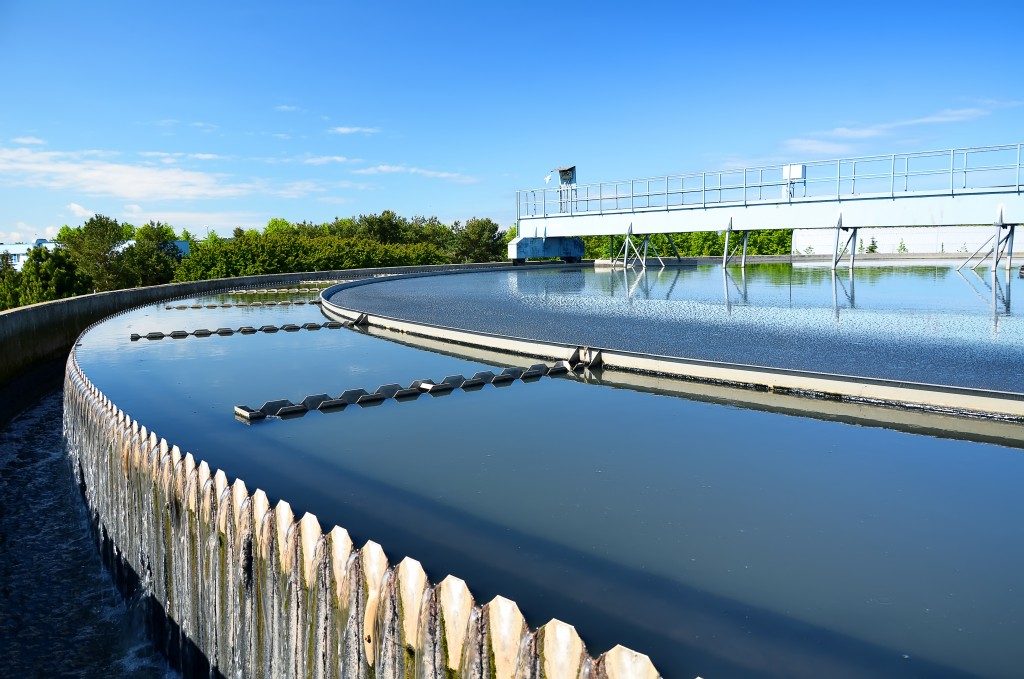According to geological studies, about 72 per cent of Earth is covered by water. Unfortunately, only about 3 per cent of the world’s total water volume is freshwater and suitable for drinking. The remaining percentage is all ocean water and wastewater, which are not suitable for drinking. The challenge is how to make do of the dwindling water resources on the planet.
With the growing population of the world that is expected to reach 8 billion by 2025, wastewater treatment systems have become a viable alternative source to provide reusable water. More households, as well as commercial and industrial facilities, are investing in these systems to promote sustainability and help conserve the natural water sources.
But aside from providing clean water, did you know that there are other benefits when you recycle wastewater? Read on to find out.
Environment-Friendly
While nature has its own way of producing water through evaporation and rain, as well as natural soil and rock filtration, treating wastewater is faster. Whenever there are topics related to recycling waste, it is normally associated with cleaning and preserving the environment. With wastewater now getting treated, it no longer reaches animal and plant habitats. It goes to a facility that uses innovative technology to purify water and make it safe for use again.
Prevent Waterborne Diseases
Through systematic tunnels and filtering systems, wastewater is brought directly to the treatment facilities. Without wastewater running through the streams, creeks and rivers, people can enjoy a cleaner, safer environment. The aquatic animals will also benefit from this.
Source of Energy
In treating wastewater, not only different germs and bacteria are removed to produce clean water but also a significant amount of biodegradable material. These wastes do not go to landfills. Instead, these are burned to produce energy that is used to power the treatment facilities. It is an excellent alternative way to make the facilities sustainable. If this process can be expanded, it can contribute to an additional source of energy for the community as well.
Alternative Form of Fertilizer

If the treatment facility does not have the capability to produce energy and/or store and transfer it to a nearby power grid, there is another way collected biodegradable wastes can be put to good use. The most common solution is by converting it into natural fertilizer, which is very suitable for organic farming, which reduces the use of harmful chemical fertilizers.
Community Job Creation
The bigger the operation, the more workforce needed to operate and maintain the water treatment facility. This means additional jobs for the community. With clean water running in rivers and streams, local governments can generate additional jobs by promoting tourism. They likewise need additional workers to maintain the facilities and the protected bodies of water.
Recycling wastewater not just produces clean reusable water. Its positive effect can be felt in multiple aspects, from living in a healthier environment to providing a source of income for the family. Whether you are a homeowner or an entrepreneur, you can do your part by supporting the initiatives or by investing in a wastewater treatment system.
